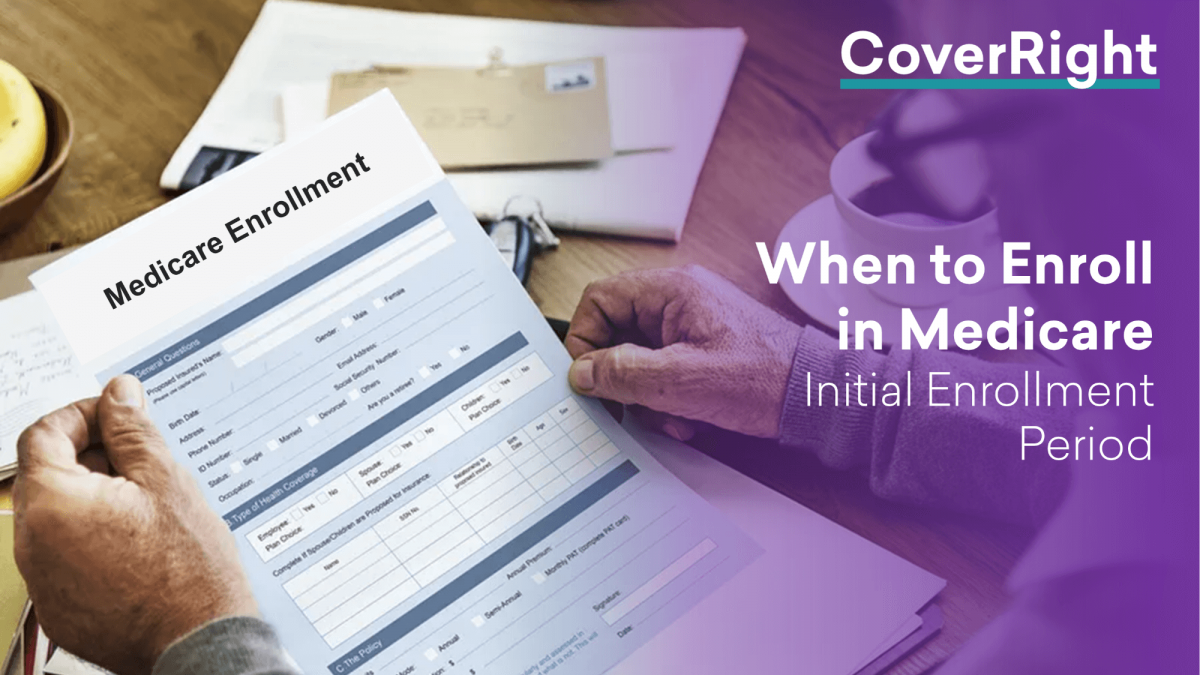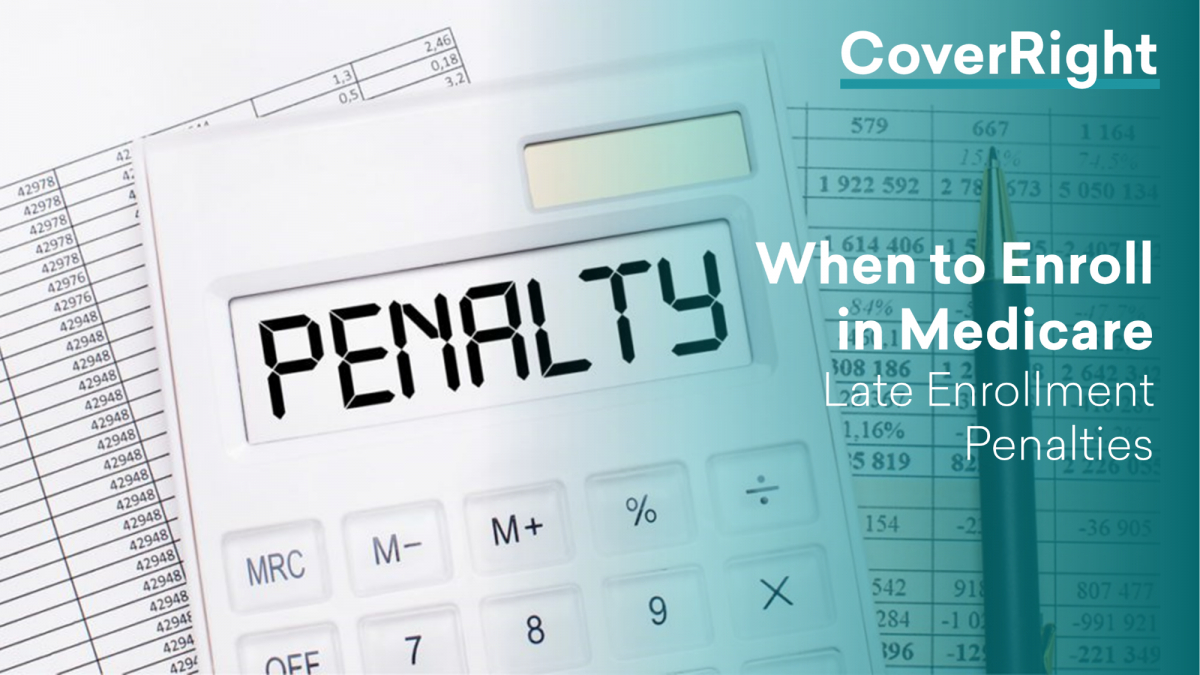Earlier in this video series, we talked about Original Medicare Part A and B and the fact that while Part A is typically premium-free, you are responsible for your Part B premium and other out-of-pocket costs such as deductibles, copays and coinsurances.
In particular, we talked about the fact that Medicare Part B only covers 80% of medical costs, meaning you have to pay the remaining 20% out of pocket. There is also no limit on your out-of-pocket costs under Original Medicare each year.
In addition, we also noted that Medicare Part A and B only covers medically necessary services and will not cover services such as:
- Routine services for dental, vision or hearing; or
- Any type of prescription drug coverage
This is where additional private coverage comes in.
There are three (3) main types of private alternate and supplemental coverage:
- The first is Medicare Advantage (or Part C) plans;
- The second is Medicare Supplement (or Medigap) plans; and
- The third and last is Prescription Drug Coverage (or Part D) plans




















